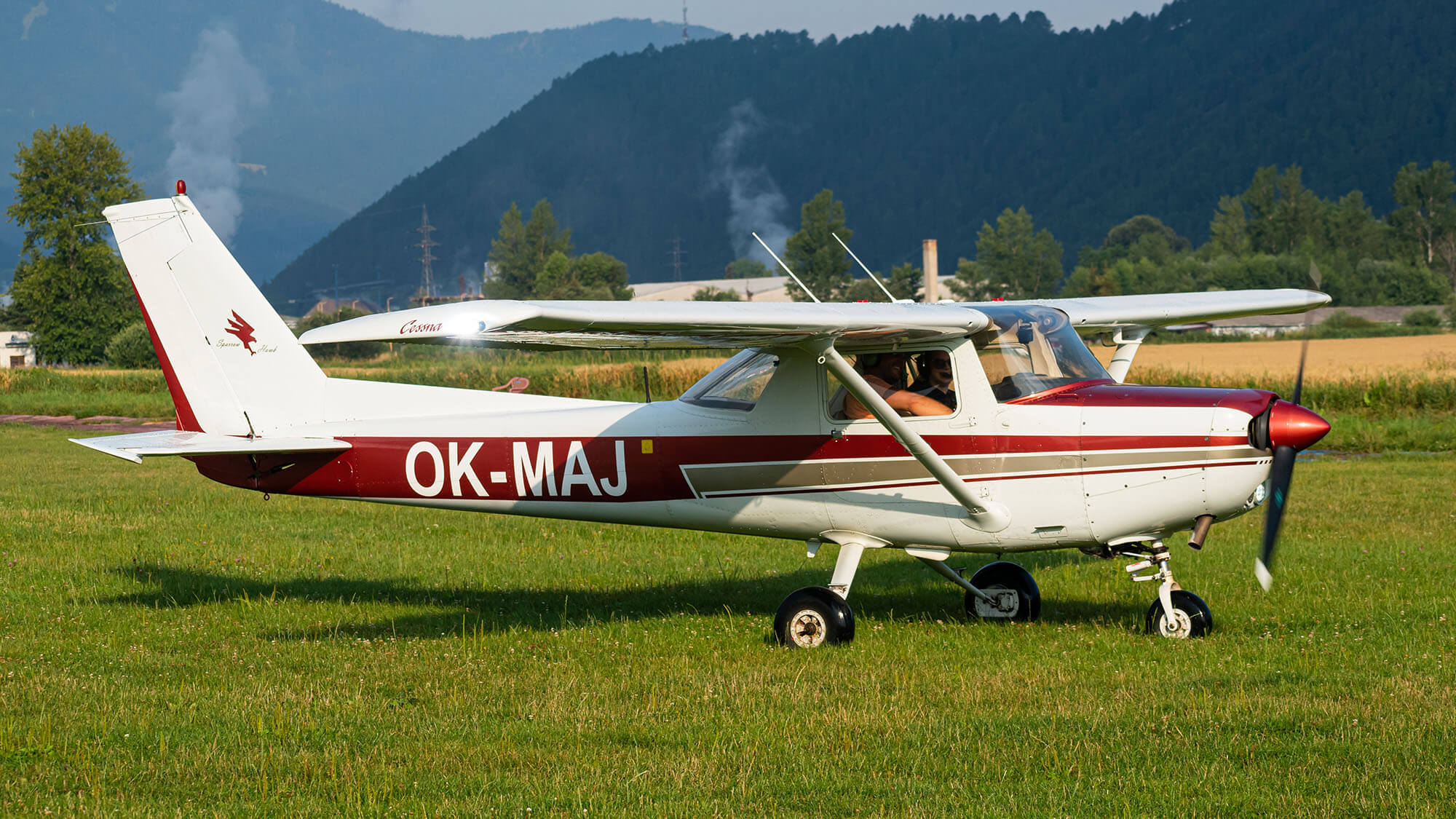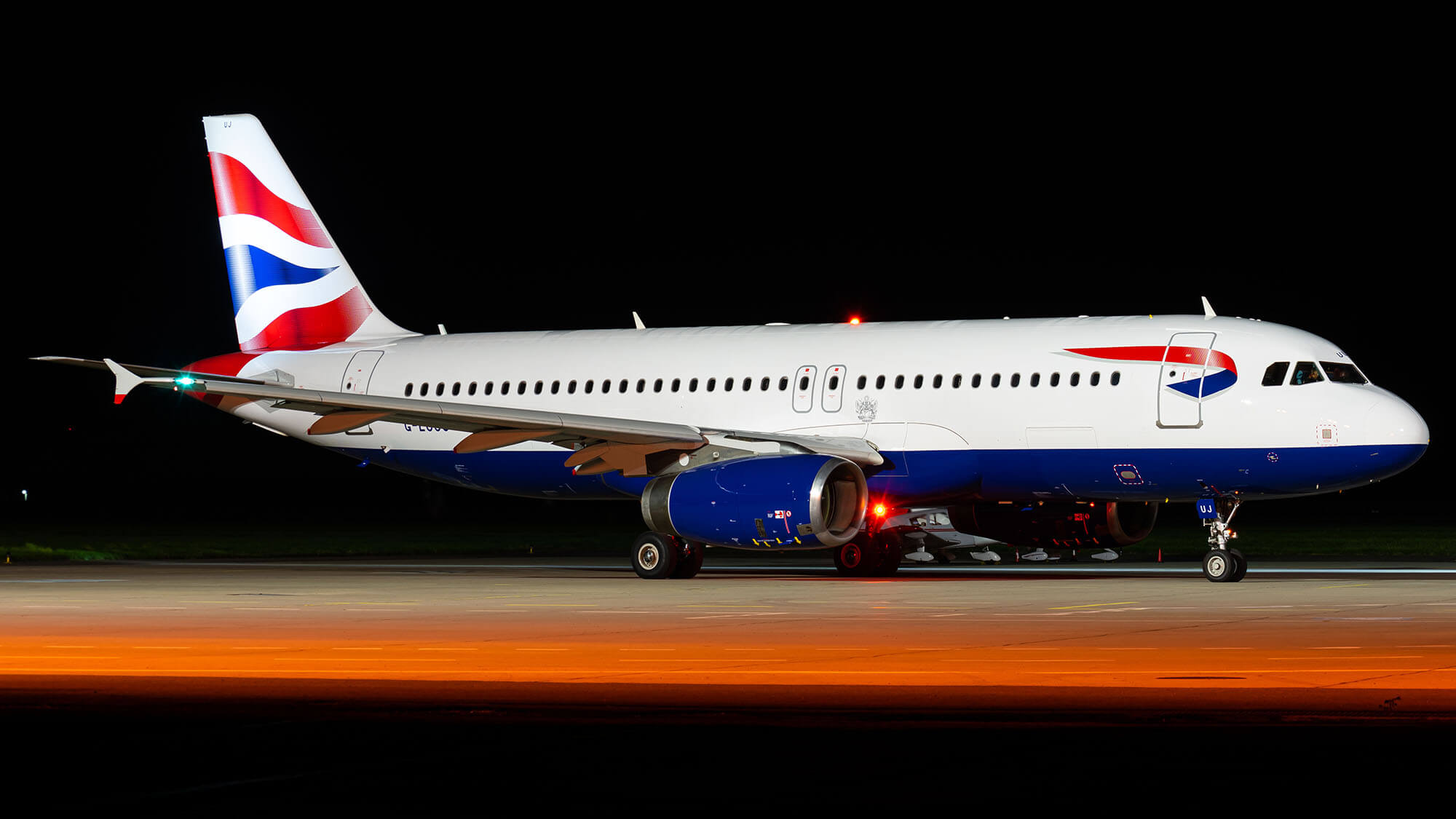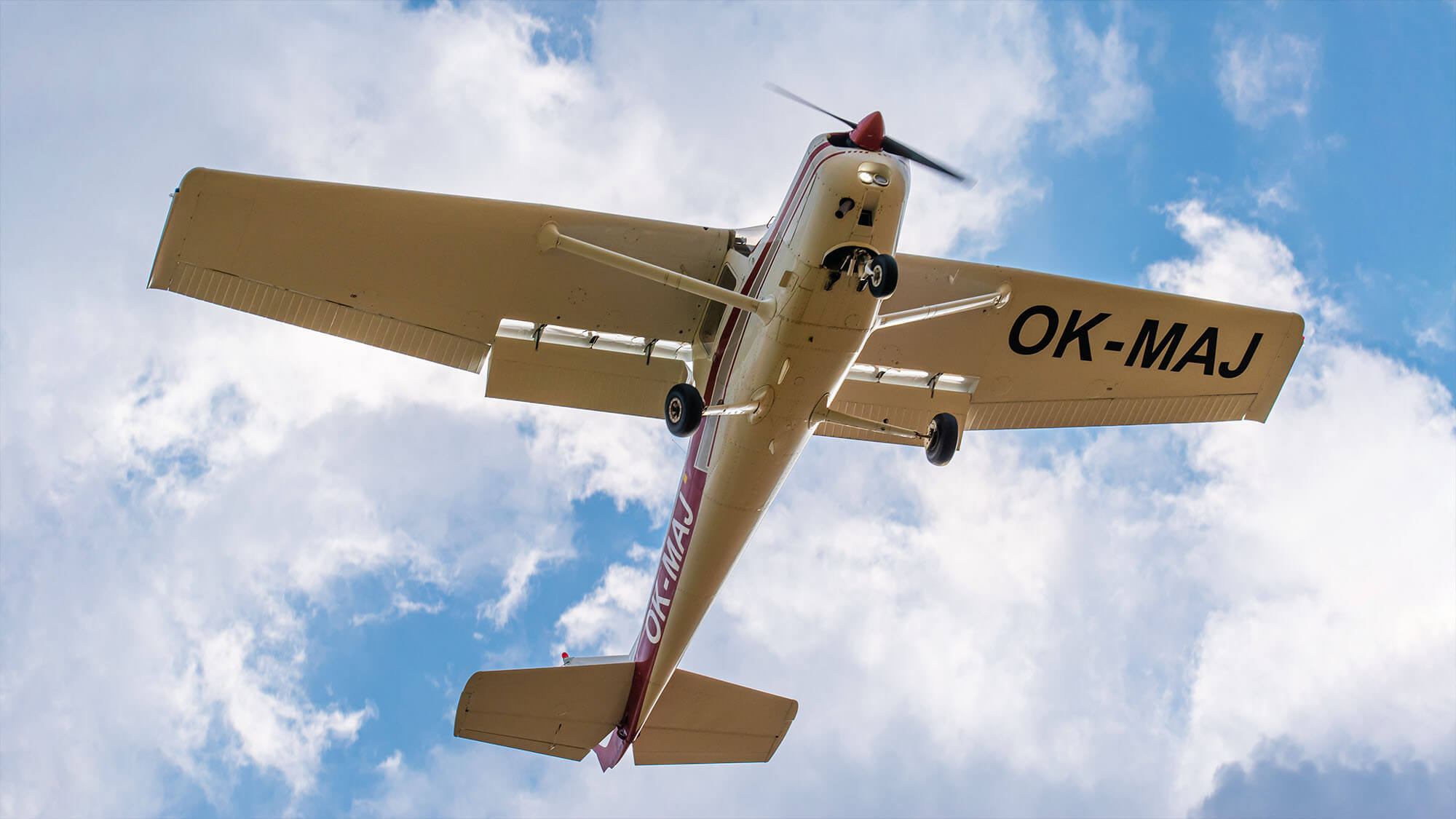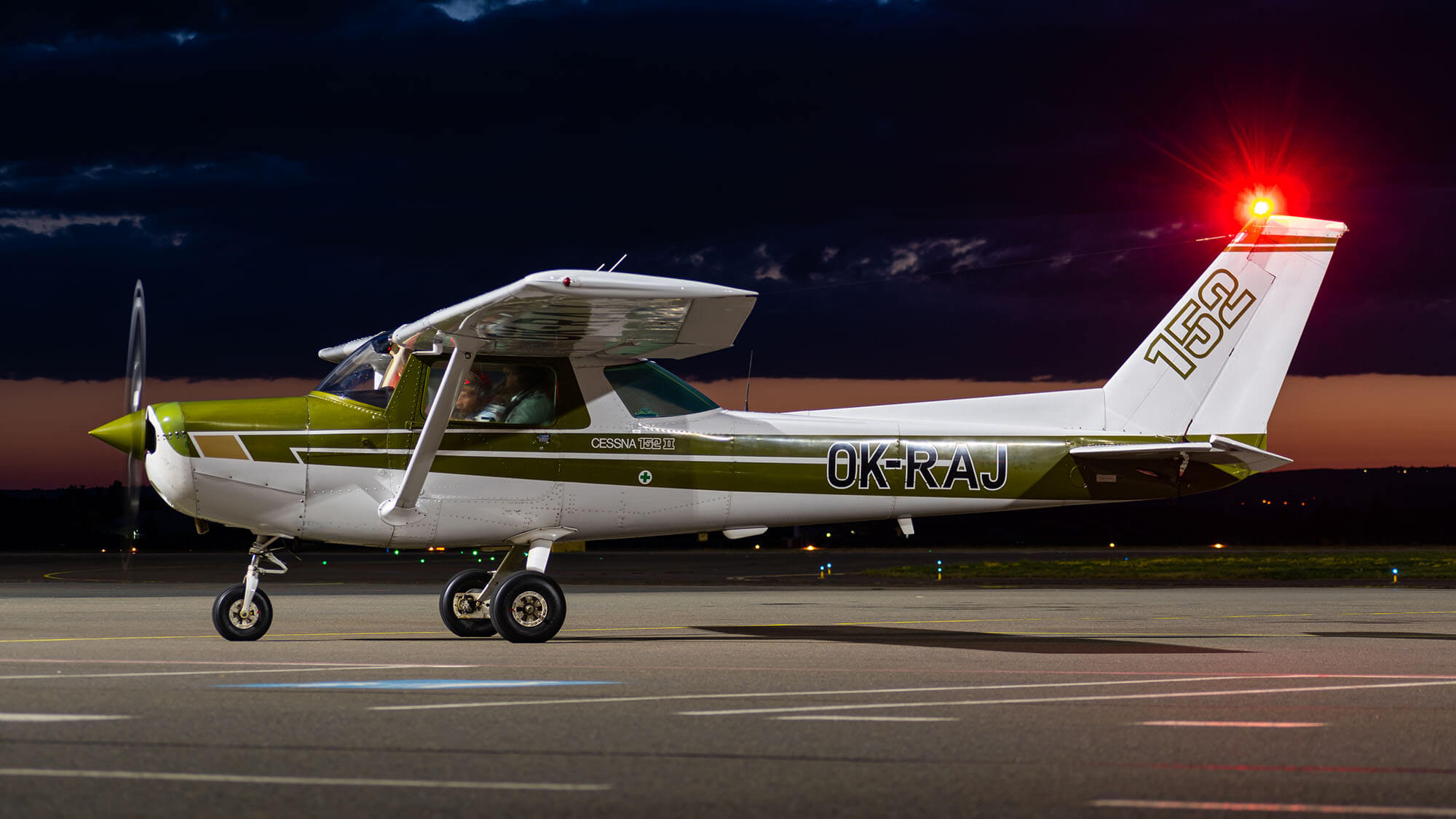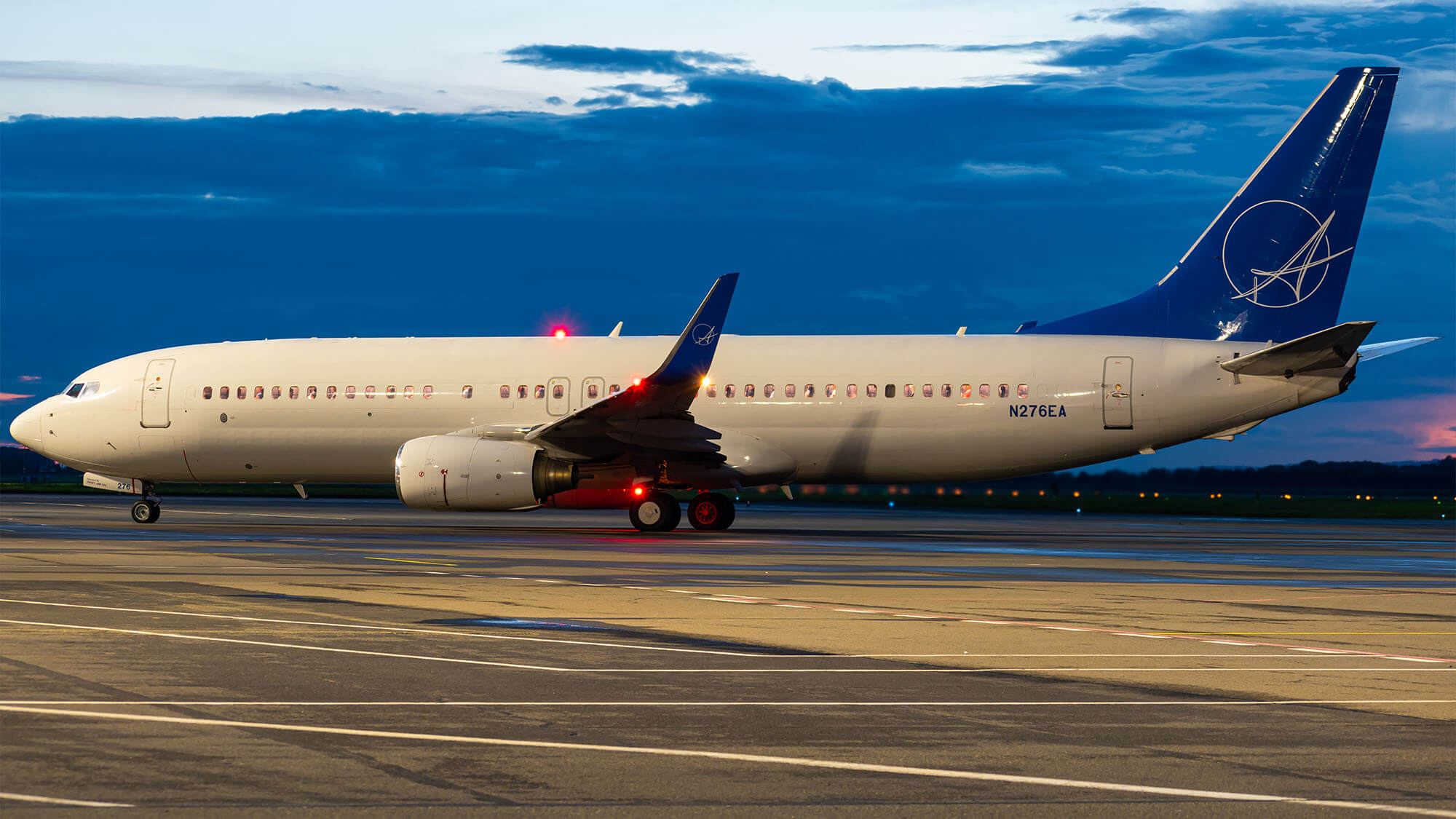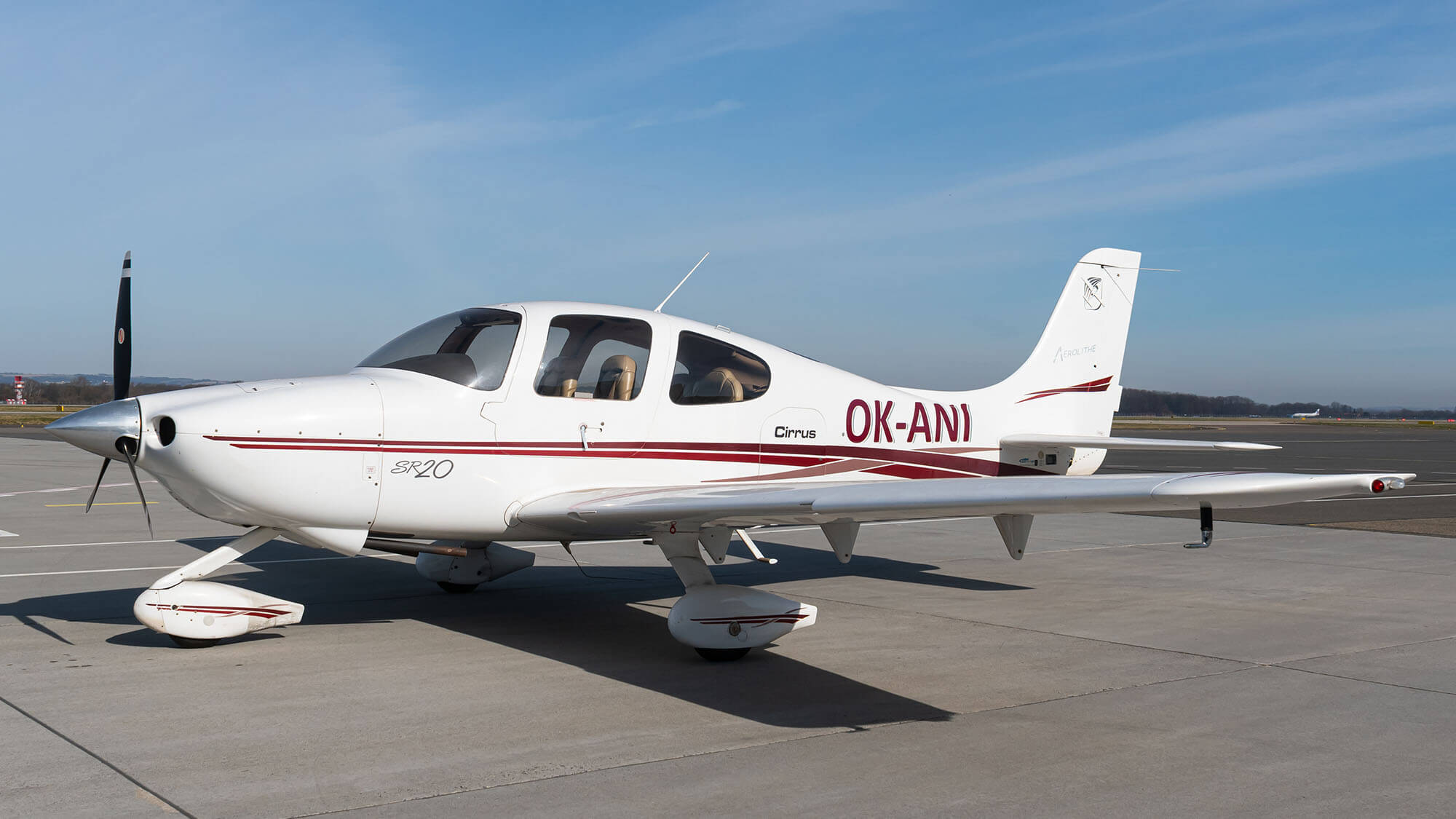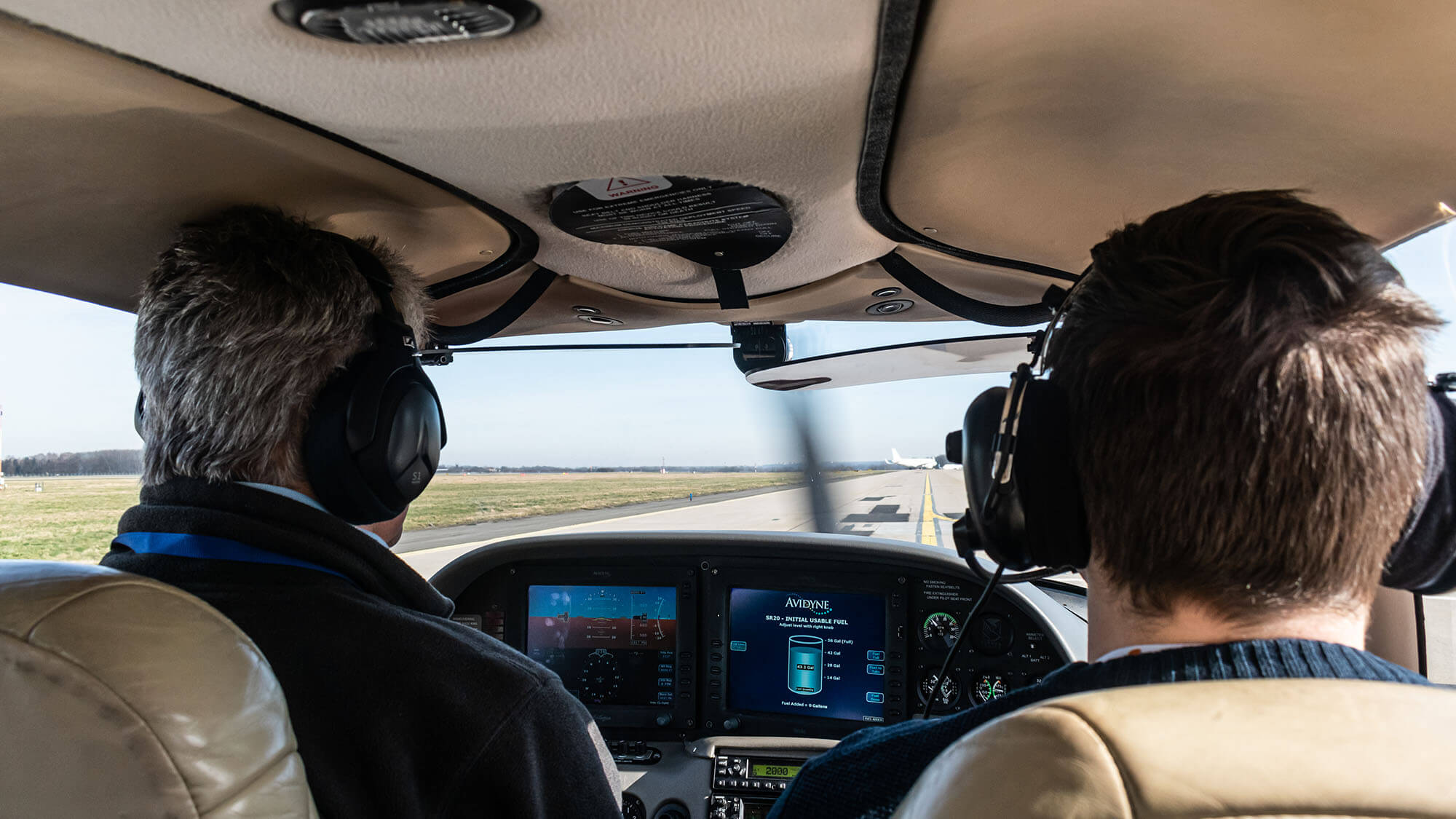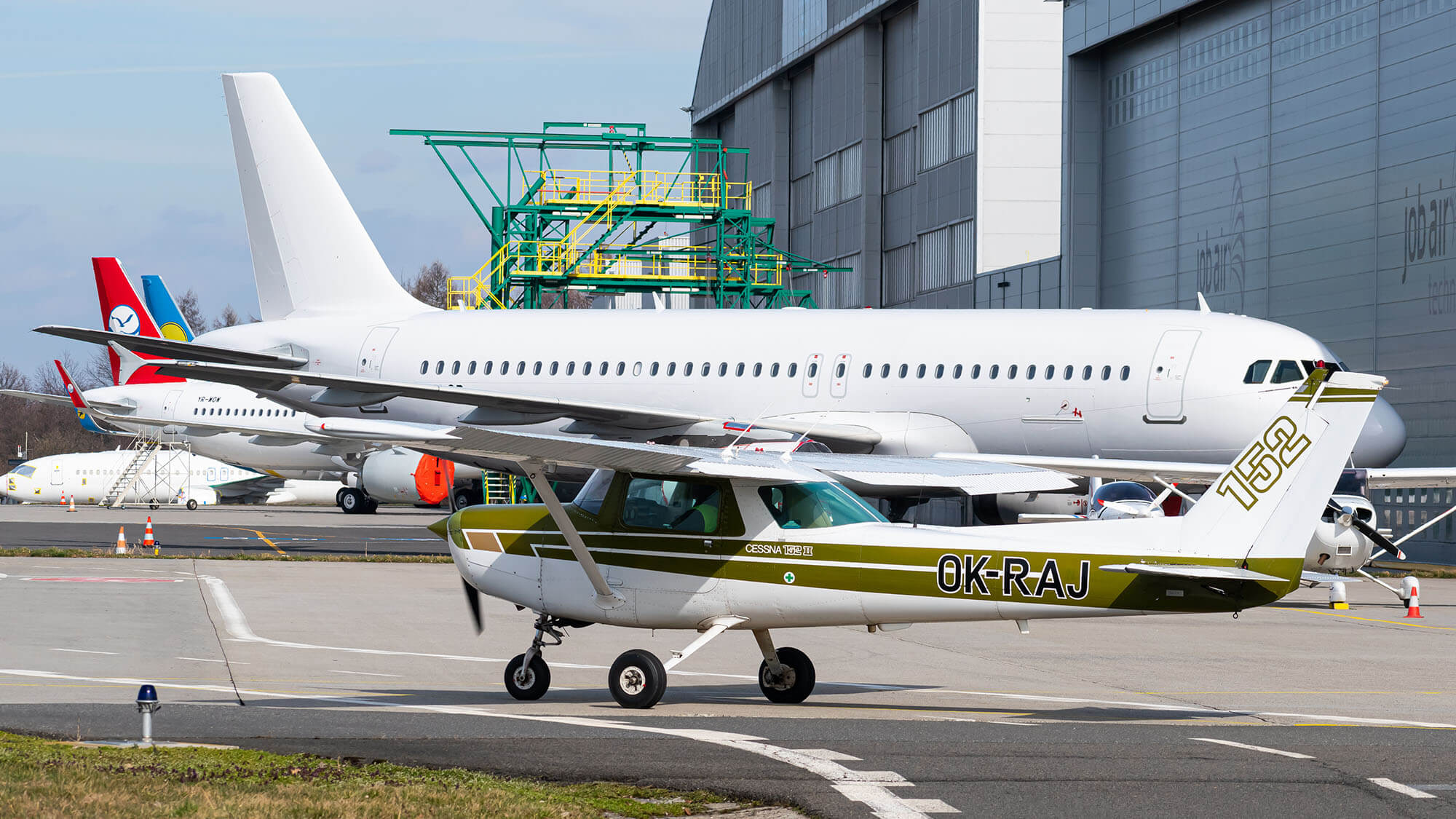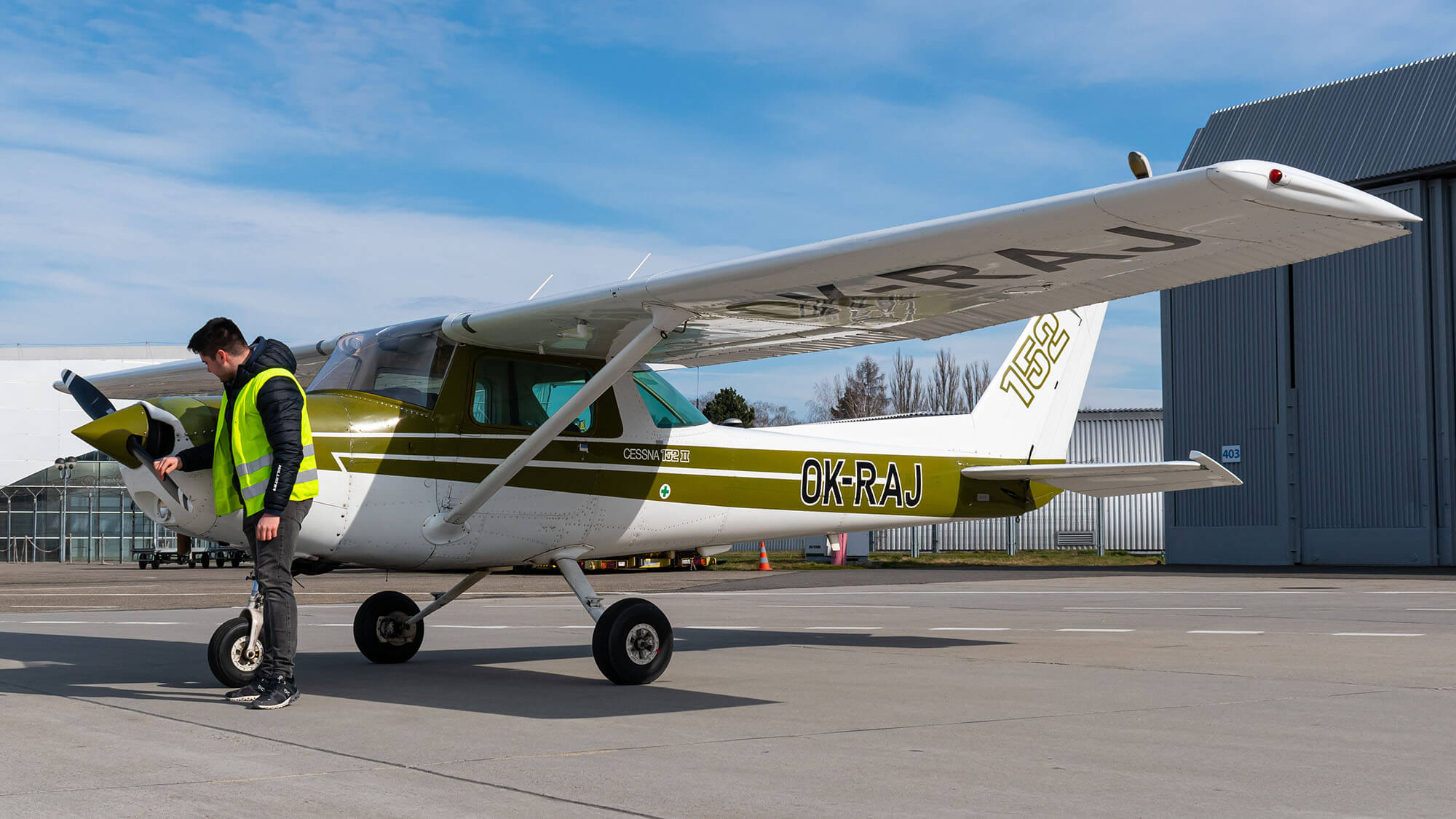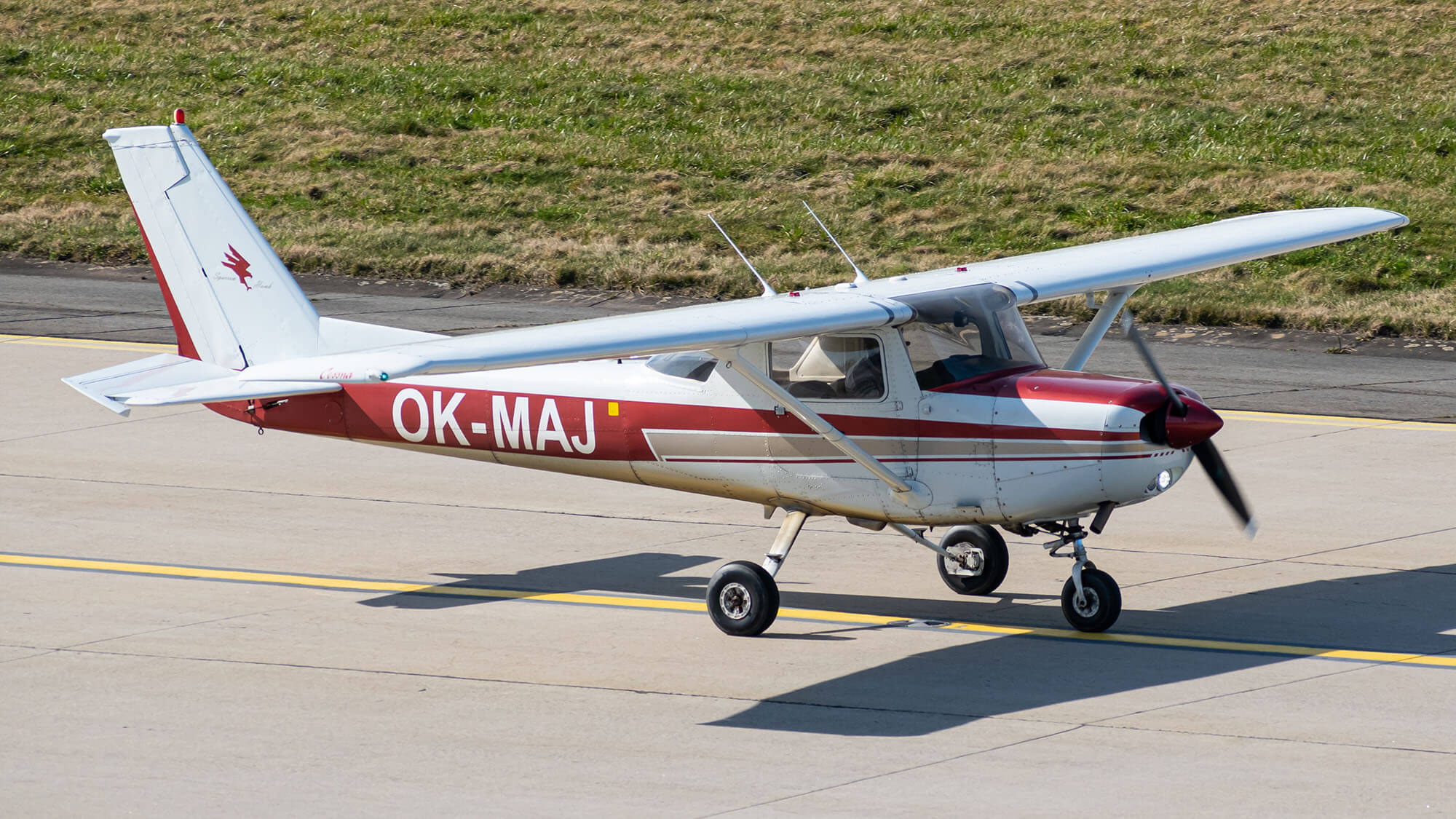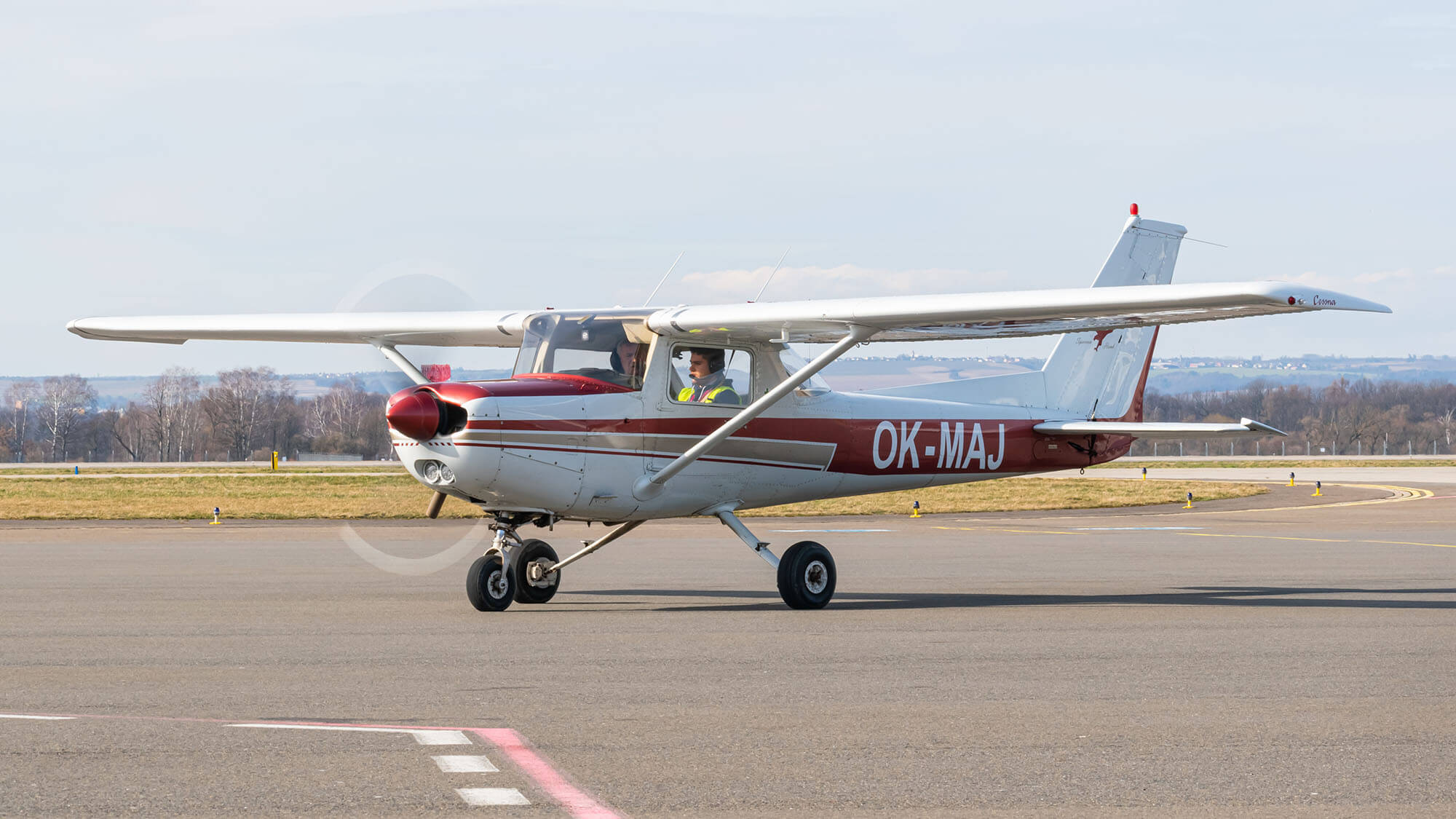0-ATPL
Start your professional career with us. All training from zero to the cockpit of a transport aircraft is under the guidance of experienced instructors with years of experience, thanks to which we are able to maintain the professionalism and high quality of the training offered. We treat all our students individually and our team will be fully available throughout the training because we believe that everyone can succeed.
The first stage is to obtain a private pilot’s licence. This module is designed to last 13 weeks, during which students will learn all the basic theory, followed by their first seat in the cockpit and the start of practical pilot training.
The second phase is in the form of the beginning of the ATPL theory lessons, when the student simultaneously obtains a night flying qualification. In this phase the student also flies the hours necessary to continue his/her flight training.
In the third phase, the student will take a series of tests at the Civil Aviation Authority on the theory of the ATPL. Successful completion of these tests is a prerequisite for continuing training.
Once the student has passed all the ATPL theory tests, training for the instrument rating follows. At this stage the student will also complete the first flights in an instrument simulator.
In the fifth stage, the student will undergo dual-engine flying training, which, upon successful completion, will be augmented by MEP/IR conversion, which is an instrument rating in dual-engine aircraft.
In the sixth stage, the student will complete commercial pilot training. Upon completion of this qualification, the student may take his/her first seat in commercial air transport as a pilot.
The last phase is the acquisition of the multi-crew interoperability qualification, all this training is carried out on a simulator. It is also recommended to undergo training for selecting unusual UPRT positions, which is optional.
Our training is designed to last up to 17 months. It is recommended that you have a 1st class initial medical examination before starting, after which nothing prevents you from starting training. We conduct individual module training as we believe that each test can make a big difference to a future pilot.
